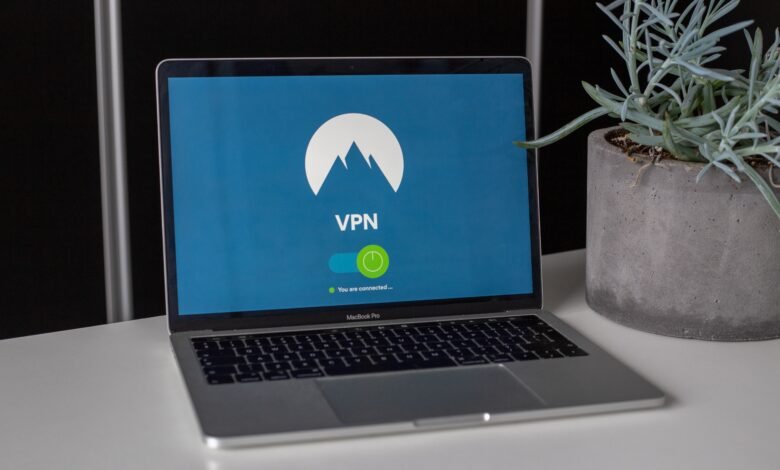VPNs in the modern world

By | Sohail Sahih
If you’re reading this article, then you already know how to use a VPN. The truth is, not everyone has the same level of technical knowledge to protect their privacy and security online. Most people don’t know that even if you’re not on the internet, your IP address is still logged.
If you have an internet connection from your laptop, tablet, or smartphone, then the IP address is still generated and stored in a system. This is when a free VPN or paid VPN service enters the image.
A VPN routes your internet connection through a server that you have selected. When you’re using the VPN you are essentially adding a firewall between your device and the internet. From that point on, all of the information you send to the internet is encrypted.
Why Use a VPN?
These days, there are a lot of private networks. Many are secure, however, some can be tricked. Worse, some websites can track your activities. For instance, you could get ads for popular apps you’re not using. Furthermore, all websites (most anyway) are being tracked now. You could be buying the same things as someone with your exact name, and even location.
A VPN connects to a private network in a different country. This allows you to secure your traffic from someone else who might be trying to gain access. A VPN for Windows allows you to watch Netflix in other countries. For example, you could get Netflix in the US and watch it in your country of origin without paying. Want to access Netflix from your country but not your home country? With a VPN, you can.
The Benefits of a VPN
With a VPN, you can make sure all your activities, online and offline, are secure and private. A VPN will allow you to connect to the internet through a server that you select and, in turn, connect to other servers that have the same purpose. This allows you to access websites or applications that are otherwise blocked. When your data passes through a server, your identity is hidden from the service provider.
This service is easy to set up and use. Most providers use 256-bit encryption, the same level of security that’s used by banks, the government, and all other major corporations. They’re simple to use, with a variety of unique subscription options. The best part is that I have the option of keeping a VPN running in the background while streaming games.
How to Set Up a VPN
When you are at work, the internet service provider (ISP) wants you to get a legitimate online service. This is the same way when you are accessing the internet while traveling, say at a cafe. But what if you could access the internet when you are offline? You can’t. If you are not online, your ISP will shut your connection down and you won’t be able to use the internet. This is the beauty of a VPN. There are different types of VPNs. The most popular and widely used VPN is the Virtual Private Network (VPN) which is also known as a virtual private network, which was designed to allow you to log in to a server, the same network as your computer or mobile phone is using.
Bonus Part
Recently, iTop VPN drew our attention. As the best free VPN for Windows, it is free and it comes with some basic services, such as limited bandwidth, speed, and simultaneous connections. For more advanced features such as DNS leak protection, a kill switch, and VPN encryption, you have to pay a monthly fee of $7.95. You can get additional features like the ability to convert the mobile app into a desktop browser extension for $2.99.






